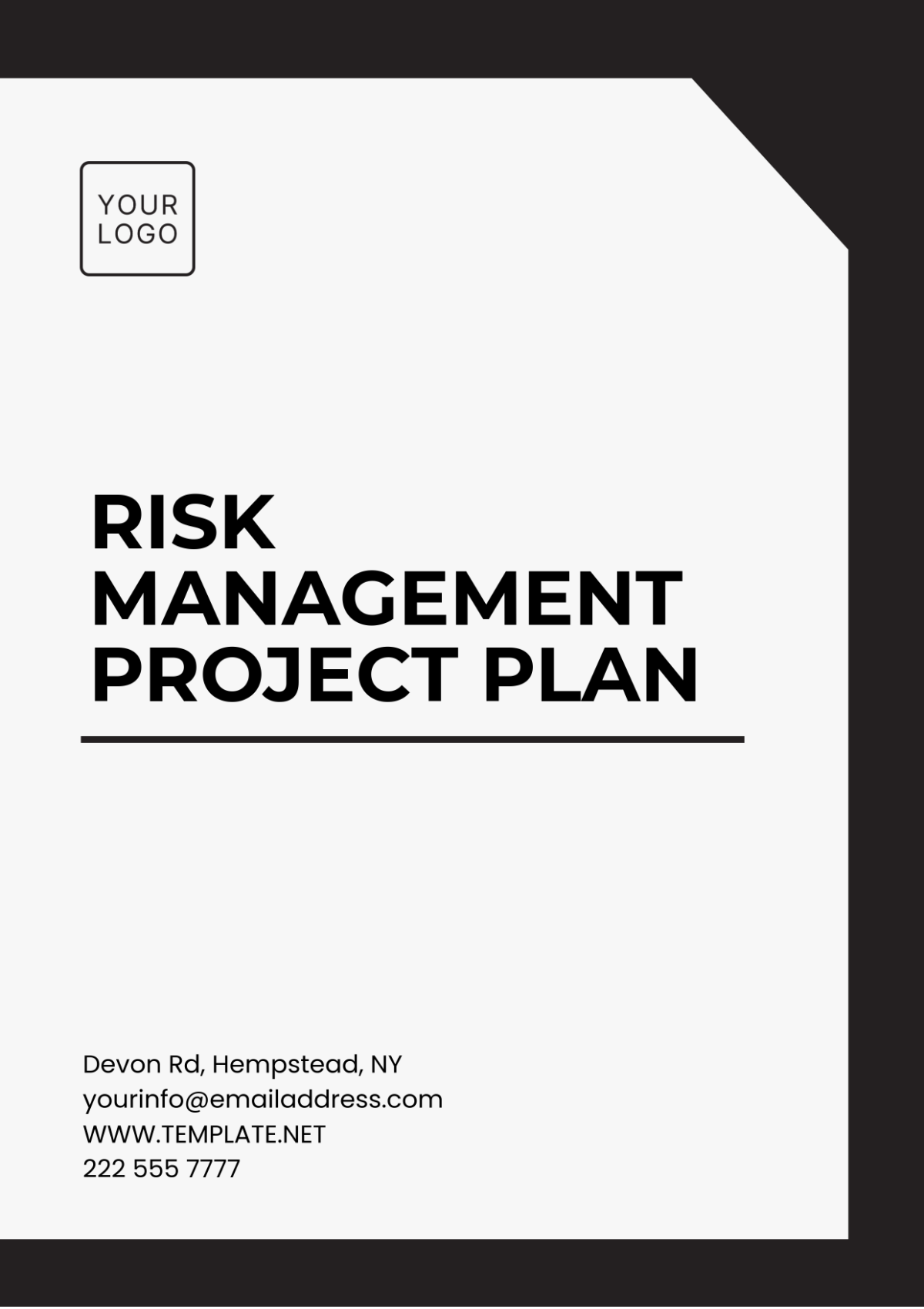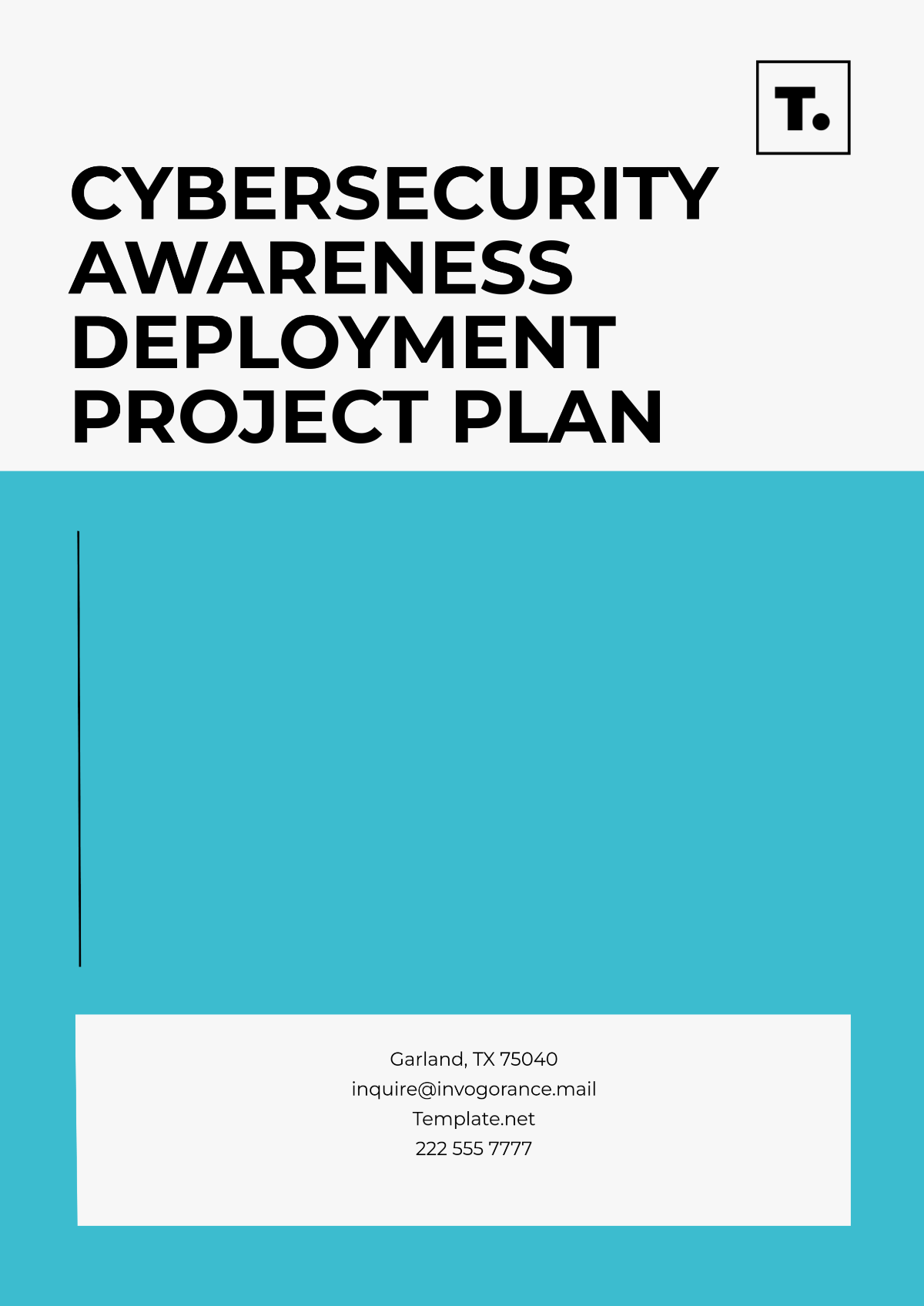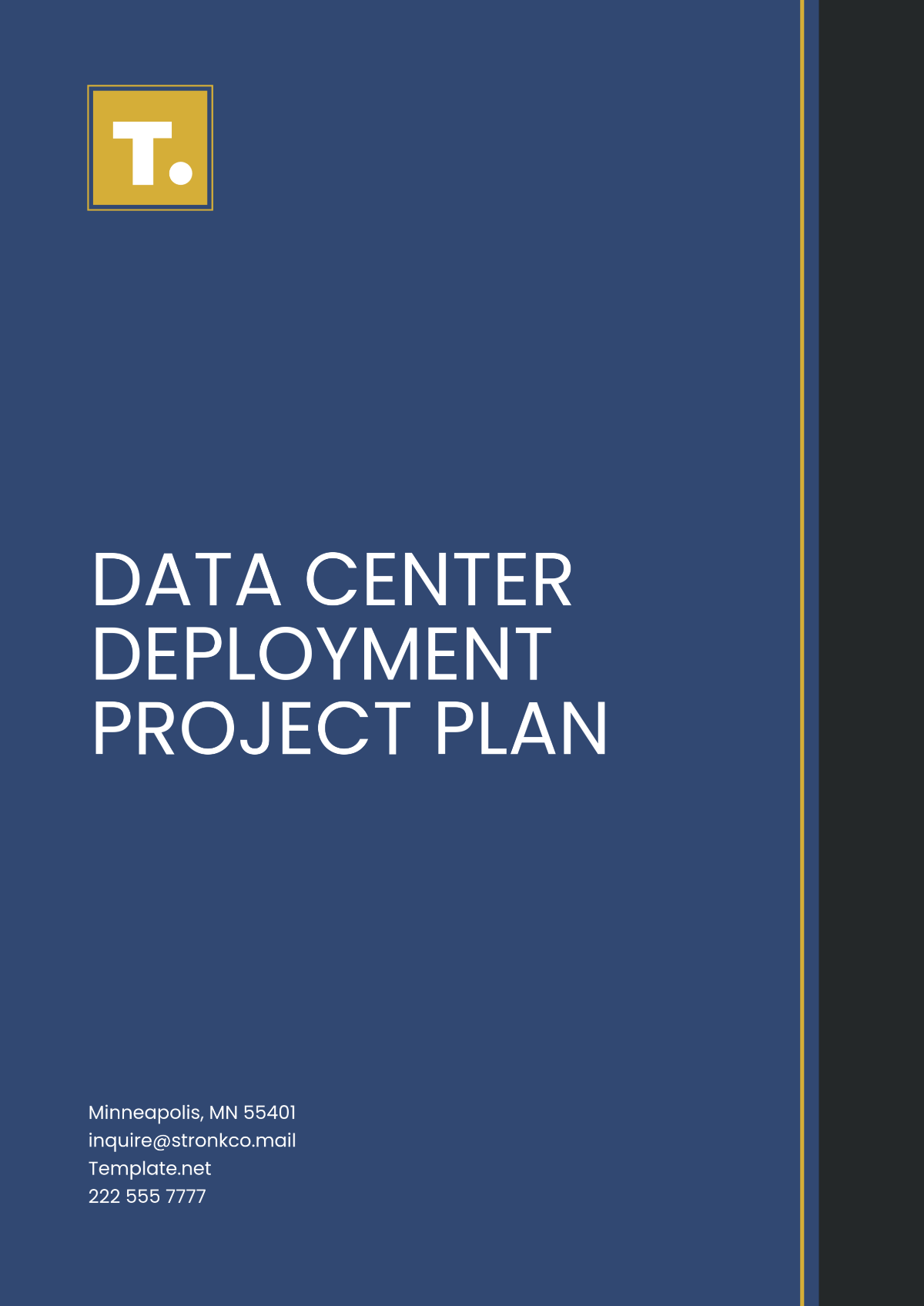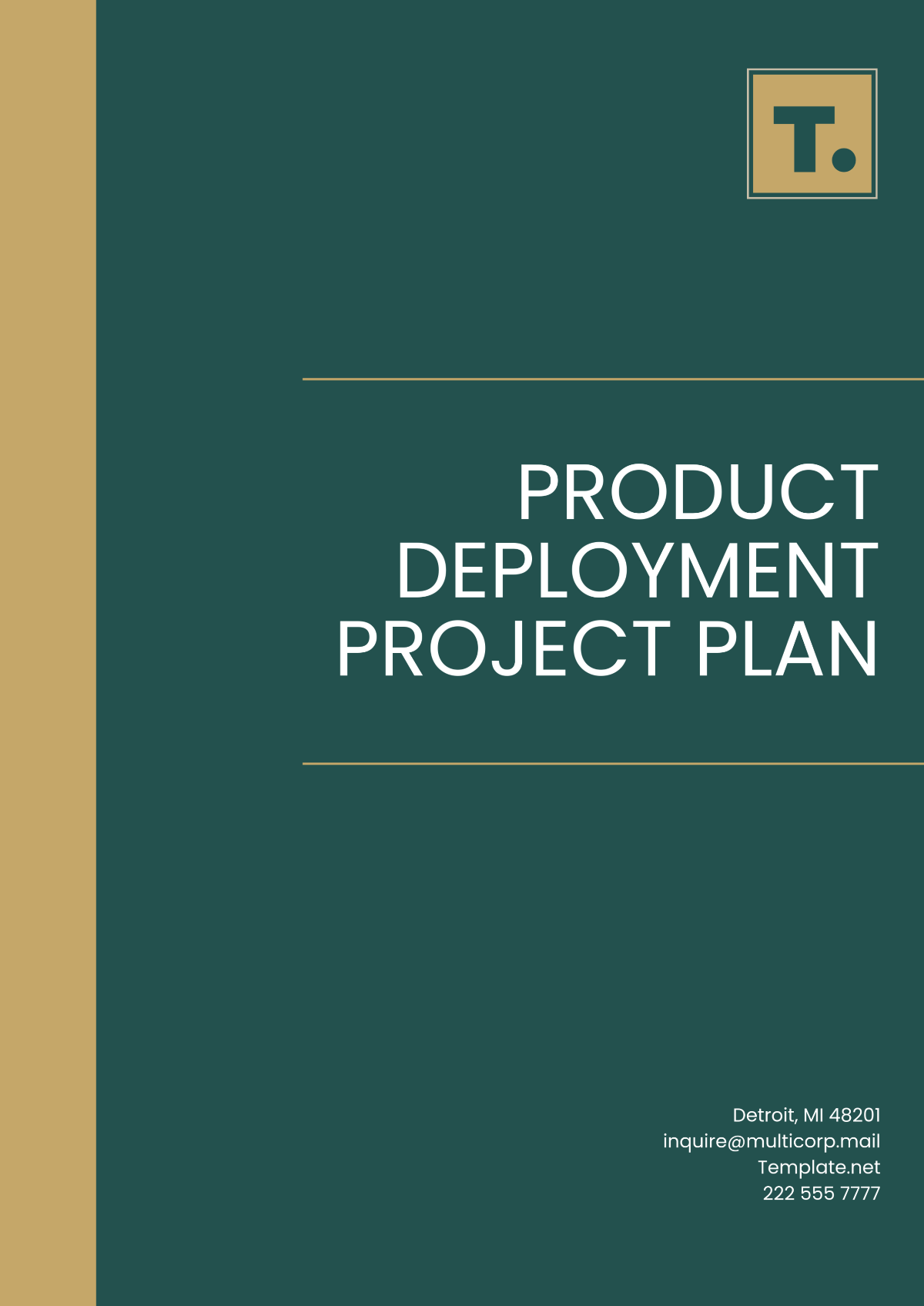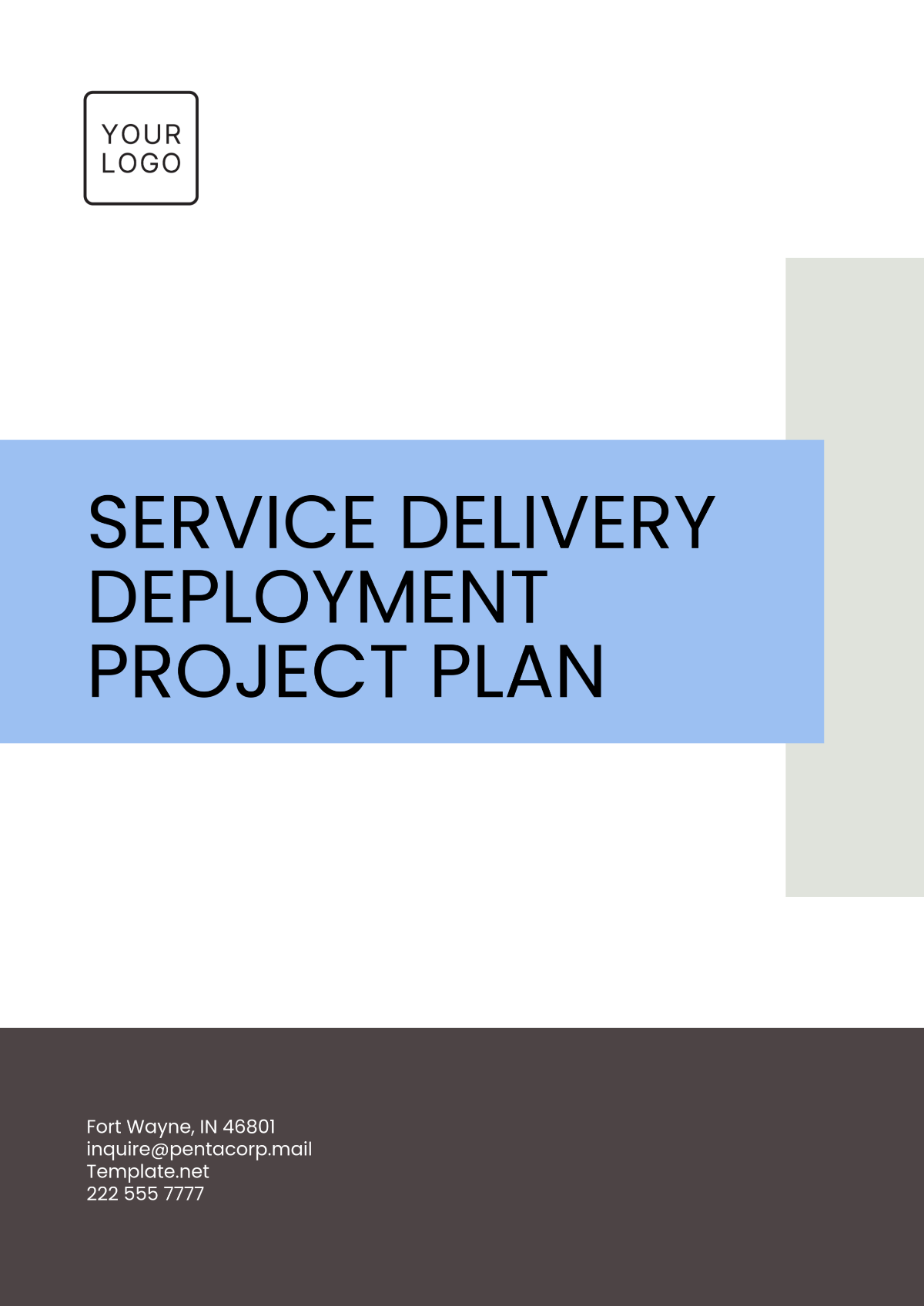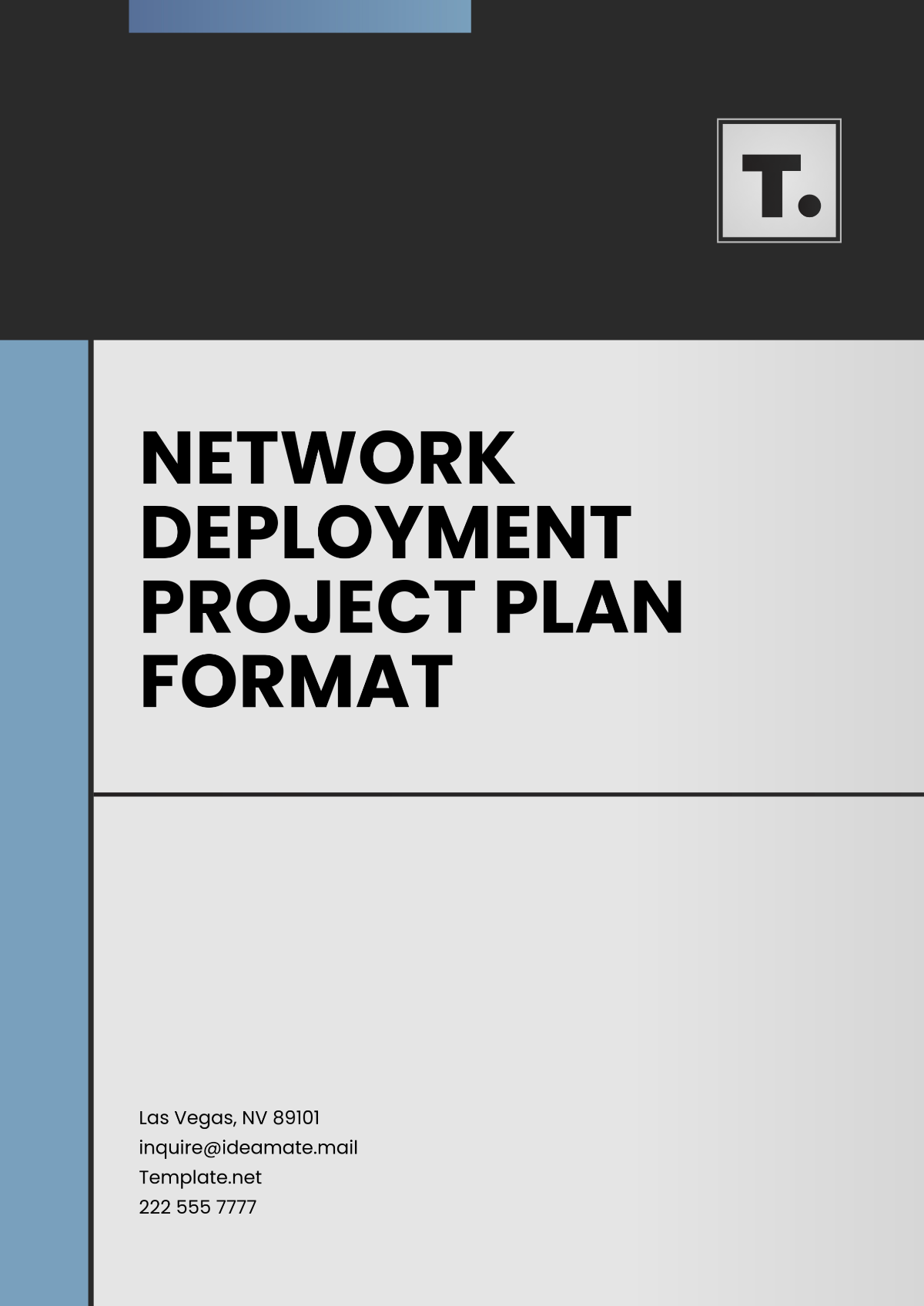Free Crisis Mitigation Management Project Plan Design Template
Crisis Mitigation Management Project Plan
Prepared by: [Your Name]
Company: [Your Company Name]
Date: August 10, 2060
I. Executive Summary
The Crisis Mitigation Management Project aims to develop and implement a comprehensive strategy for minimizing the impact of potential crises that may arise due to unforeseen events, environmental hazards, or operational failures. The project will focus on risk assessment, the creation of mitigation strategies, and the establishment of response protocols to ensure organizational resilience. Our goal is to proactively address crises by reducing risks, implementing effective response mechanisms, and ensuring business continuity.
The project is set to begin on January 15, 2060, and will run for 18 months, concluding on July 15, 2061. Key stakeholders include senior management, project teams, external consultants, and disaster response teams.
II. Project Objectives
Develop a Risk Assessment Framework: Identify potential crises and assess their impact on business operations, personnel, and assets.
Create Mitigation Strategies: Design and implement strategies to reduce or eliminate identified risks.
Establish Crisis Response Protocols: Develop clear, actionable response protocols to be followed in the event of a crisis.
Ensure Business Continuity: Implement measures to ensure minimal disruption to operations during a crisis.
Train Stakeholders: Provide training to key staff members on crisis management protocols and procedures.
III. Scope of the Project
The project scope includes the identification, assessment, and mitigation of risks associated with natural disasters, cyber-attacks, operational disruptions, and other unforeseen emergencies. Specific activities will involve:
Conducting risk assessments across all departments.
Developing and documenting mitigation strategies.
Testing response plans through simulation exercises.
Providing ongoing training and updates to relevant staff.
Collaboration with external emergency response teams and government agencies as necessary.
IV. Project Deliverables
Risk Assessment Report: A comprehensive analysis of all identified risks, including likelihood and impact assessments.
Crisis Mitigation Plan: A strategic plan detailing the actions to mitigate or eliminate risks identified in the assessment.
Crisis Response Protocols: Step-by-step emergency protocols to be implemented in case of crisis.
Training Materials: Developed training programs and materials for staff and stakeholders.
Final Project Evaluation Report: A report summarizing the outcomes of the project, lessons learned, and recommendations for future improvements.
V. Project Timeline
Project Start Date: January 15, 2060
Risk Assessment and Analysis Phase: January 15, 2060 – March 15, 2060
Development of Mitigation Strategies: March 16, 2060 – May 15, 2060
Crisis Response Protocol Creation: May 16, 2060 – June 15, 2060
Training Program Development and Delivery: June 16, 2060 – October 15, 2060
Testing and Simulation Phase: October 16, 2060 – December 15, 2060
Project Review and Final Evaluation: June 1, 2061 – July 15, 2061
VI. Resources Required
Human Resources:
Project Manager: Responsible for overseeing the project execution.
Risk Analysts: To conduct the risk assessment and identify potential crises.
Crisis Management Consultants: External experts in disaster management to guide mitigation strategies.
IT Support Staff: For cyber crisis mitigation.
Trainers: To develop and deliver crisis management training programs.
Financial Resources:
Budget for external consultant fees, training costs, and technology upgrades.
Funds for crisis simulation exercises and real-time emergency response tools.
Technological Resources:
Risk Assessment Software: For data collection and analysis.
Crisis Management Systems: For communication during emergencies.
Training Platforms: For online learning and simulation environments.
Materials:
Document templates for crisis response and mitigation strategies.
Crisis simulation kits for hands-on training.
VII. Risk Management
Potential risks identified for this project include:
Scope Creep: Expansion of the project scope beyond the agreed objectives, which can delay timelines and increase costs.
Mitigation: Regular project reviews and updates with stakeholders.
Resource Availability: Limited availability of key personnel and consultants.
Mitigation: Secure backup resources and ensure proper scheduling of personnel.
Technological Failures: Risk of failure in crisis management systems during a real emergency.
Mitigation: Regular testing and system updates.
Resistance to Change: Staff resistance to adopting new crisis protocols.
Mitigation: Engage staff early in the process and include them in planning and training.
VIII. Budget
Total Project Budget: $2,500,000
Risk Assessment and Mitigation Strategy Development: $800,000
Consultant Fees: $600,000
Training and Education: $400,000
Crisis Simulation and Testing: $400,000
Miscellaneous and Contingency: $300,000
IX. Conclusion
The Crisis Mitigation Management Project is critical for ensuring the long-term resilience and stability of the organization. By identifying potential risks, developing effective mitigation strategies, and preparing for potential crises, we can reduce the likelihood of disruption and protect both personnel and assets. The project’s success will be measured by the robustness of the mitigation plans and the preparedness of stakeholders to respond to crises effectively. With clear objectives, a comprehensive plan, and a strong team, this project will position the organization to handle crises with confidence and agility.






